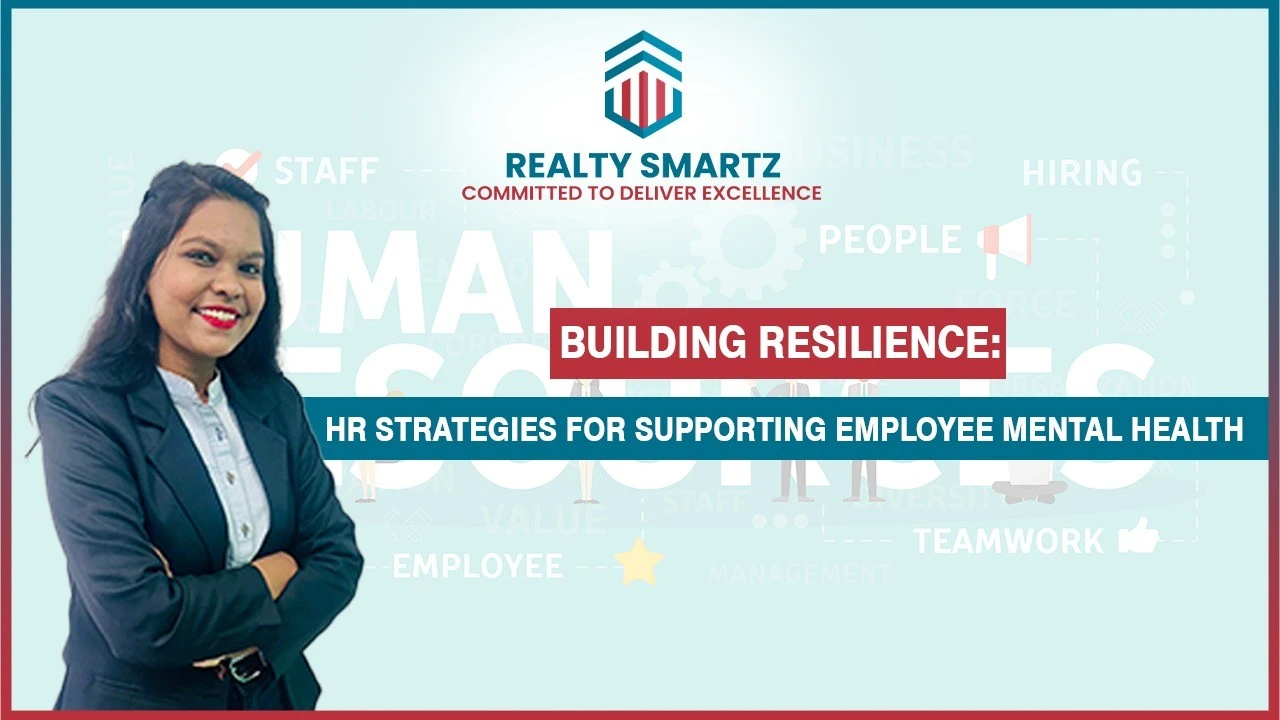
Building Resilience: HR Strategies for Supporting Employee Mental Health
Introduction:
In today’s fast-paced and demanding work environment, employee mental health has become a critical concern for organizations worldwide. The COVID-19 pandemic has further amplified the need for employers to prioritize the well-being of their workforce. In this article, we’ll explore effective HR strategies for building resilience and supporting employee mental health in the workplace.
Promoting Mental Health Awareness:
One of the first steps in supporting employee mental health is to promote awareness and reduce stigma surrounding mental health issues. HR departments can organize workshops, webinars, and training sessions to educate employees about common mental health challenges, coping strategies, and available resources. By fostering an open and supportive culture, organizations can encourage employees to seek help when needed without fear of judgment or discrimination.
Providing Access to Mental Health Resources:
HR professionals play a key role in ensuring that employees have access to a variety of mental health resources and support services. This may include Employee Assistance Programs (EAPs), counseling services, mental health hotlines, and online resources. HR departments can also collaborate with healthcare providers and community organizations to offer additional support options such as therapy sessions, support groups, and mindfulness programs. By providing accessible and confidential support services, organizations can empower employees to prioritize their mental health and seek help when needed.
Implementing Flexible Work Policies:
Flexibility in work arrangements can significantly impact employee well-being and mental health. HR departments can work with managers to implement flexible work policies such as remote work options, flexible scheduling, and compressed workweeks. These policies can help employees better manage their work-life balance, reduce stress, and improve overall job satisfaction. By accommodating employees’ individual needs and preferences, organizations can create a supportive work environment that promotes mental health and resilience.
Encouraging Work-Life Balance:
Work-life balance is essential for maintaining mental health and preventing burnout. HR professionals can encourage work-life balance by promoting boundaries around work hours, encouraging employees to take regular breaks, and discouraging overtime work. Additionally, organizations can offer benefits such as paid time off, parental leave, and sabbaticals to support employees in taking time off to recharge and rejuvenate. By prioritizing work-life balance, organizations can create a healthier and more sustainable work culture that fosters employee well-being and resilience.
Providing Manager Training:
Managers play a critical role in supporting employee mental health and resilience. HR departments can provide training and resources to help managers recognize the signs of mental health issues, effectively communicate with employees about mental health concerns, and connect employees with appropriate support services. Additionally, managers can lead by example by prioritizing their own mental health and modeling healthy work habits for their teams. By equipping managers with the tools and resources they need to support their employees, organizations can create a more supportive and resilient workplace culture.
Conclusion:
Building resilience and supporting employee mental health is a shared responsibility that requires a proactive and multifaceted approach. HR professionals have a unique opportunity to lead the charge in creating a supportive work environment where employees feel valued, supported, and empowered to prioritize their mental health. By promoting awareness, providing access to resources, implementing flexible work policies, encouraging work-life balance, and providing manager training, organizations can foster resilience and create a culture of well-being that benefits both employees and the organization as a whole.
